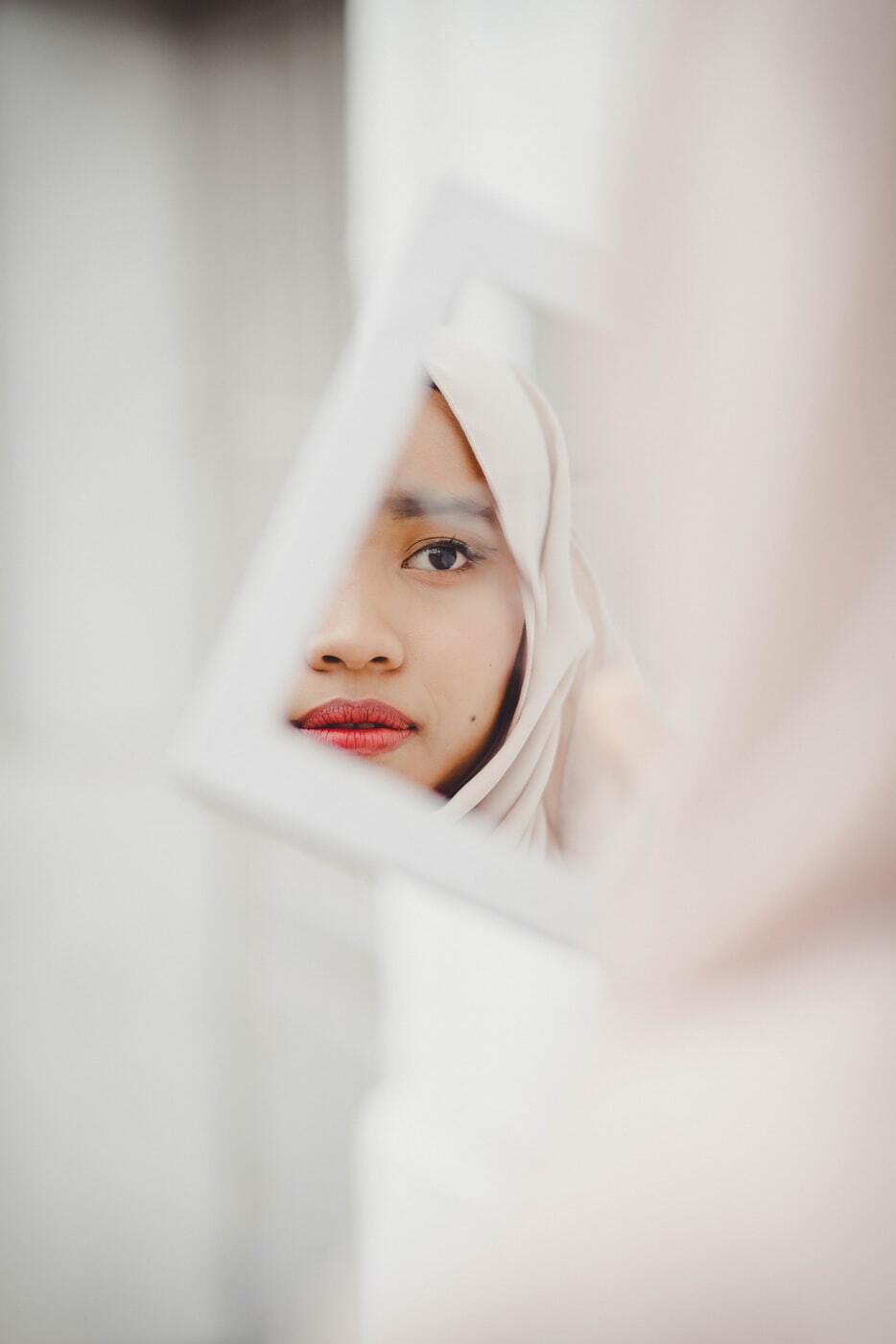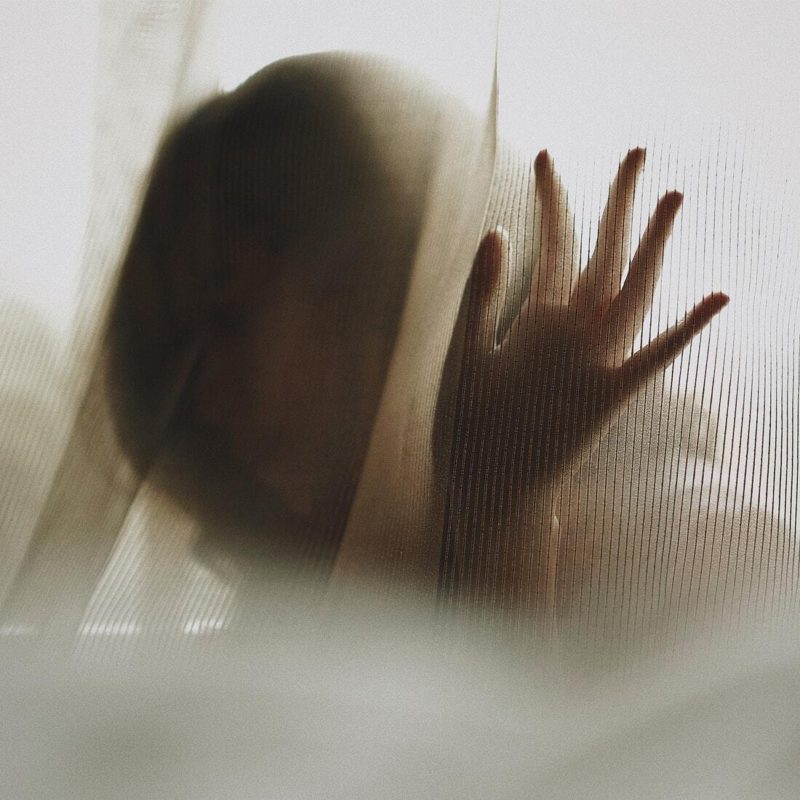Content Warning: This article discusses fasting and eating disorders, which may be triggering for some readers.
Ramadan is a widely-observed holy month for people of the Muslim faith. It is a time of self-reflection, gratitude, and strengthening of one’s religious belief. During this month-long period, Muslims observe fasting from dawn until dusk, even abstaining from drinking water. The purpose of this fast is to develop empathy for those less fortunate than oneself and to understand that certain feelings of emptiness may only be filled through faith. This fast is not limited to just the consumption of food. Muslims also seek to drop bad habits and any practices that may prevent themselves from becoming closer to God.
While Ramadan may be a great test of one Muslim’s faith, the practices during this month may also be the ultimate trigger for another. With such a heavy focus on abstaining from food during the day, this can trigger many of those struggling with or recovering from an eating disorder.

Eating Disorders
Eating disorders are both a mental and physical illness whereby one’s mental state then influences their physical health. The negative perception of one’s own body and self-image causes the individual to take drastic measures in trying to fit the ideal in their mind. The need to restrict food intake and control one’s physical appearance becomes obsessive. The two most common eating disorders are anorexia nervosa and bulimia nervosa.
What is Anorexia Nervosa?
Anorexia nervosa can be characterized by distorted body image, the preoccupation with weight, extreme restriction of food intake, and an obsessive exercise regimen. Dieting can be a form of this eating disorder but anorexia nervosa is diagnosed when the individual exhibits ongoing obsessive weight-focused behaviours. Often an individual will become underweight but continue to pursue losing more.
What is Bulimia Nervosa?
Bulimia nervosa is categorized by episodes of binge-eating where one will overeat and then seek means to expel the consumed food as compensation. Certain things may trigger episodes of overeating such as stress or anxiety. Binge-eating and the consequent expulsion of what was eaten does not allow for necessary nutrients to be absorbed by the body and will often rid the body of preexisting nutrients as well.
It is not uncommon that when one of these two nervosas exist in an individual, as does the other. Anorexia and bulimia nervosa are both rooted in a negative perception of one’s body image and the resulting obsession with losing weight.
The Triggers of Centering Ramadan Around Food
With Ramadan holding such a heavy focus on not consuming food during the day, eating disorder-like tendencies can be triggered in excess during this time. The practice of fasting is not foreign to individuals with anorexia nervosa and during Ramadan this custom is not only widely exercised but also encouraged. This can trigger a relapse for those recovering or make individuals feel more comfortable in their illness, making it harder to eventually overcome.
The daily fast is broken at sunset with a community meal called iftaar. Iftaar is more of a feast than a usual dinner as food is prepared throughout the day and being able to eat at sundown is almost festive. After having not eaten or having had water since sunrise, iftaar is a time where often the sole focus is on food. Food alone is already a sensitive subject for those experiencing eating disorders, but now having to be surrounded by family members eating in excess can trigger overeating which mirrors a binge-eating episode. This can result in purging or other means of trying to expel one’s system of the food consumed during a binge.
Seeking Help During Ramadan
It definitely does not help that many people see Ramadan as a way of losing weight and much of the dialogue surrounding the fast is driven by weight tracking. This often becomes dinner table talk which further harms the mental state of those experiencing eating disorders.
Seeking support for an eating disorder is nothing to be ashamed of, especially during these times. However, some people are not looking for help but are still experiencing all the negative effects. You can never truly know what someone is going through so it is important to be mindful of those around you. Ramadan is not supposed to be about food. It is about strengthening your faith.
Islamically, fasting is not required for those who are ill. As stated in the Quran, the Holy Book of Islam: “So whoever among you is ill or on a journey – then an equal number of days [are to be made up]. And upon those who are able [to fast, but with hardship] – a ransom [as substitute] of feeding a poor person [each day]” [Chapter 2, verse 184].
Fasting can be harmful to the recovery process as an individual will be putting themselves back into the same environment and cycles that they have been trying to escape from. This can cause relapses that can completely undo all the progression that has already been made. Partaking and observing the month of Ramadan is not limited to fasting. There are a plethora of other acts of worship that can be done during this time that do not involve focusing your attention on food or a lack thereof.
Support for Eating Disorders in the MENA Region
Seeking help is always recommended as going through any form of hardship alone can be exhausting. It is extremely hard to recover if nobody knows that you are in recovery so if you are comfortable, seek support from your family. If they are aware of your experience, they can take the extra measures necessary to ensure your physical and mental wellbeing during this month. If familial support is not doable, there are many external resources also available.
Resources for Eating Disorders
The Middle East Eating Disorder Association (MEEDA) provides a directory of resources and support for people with eating disorders in the Middle East.
The National Eating Disorder Information Centre (NEDIC) is a great Canadian resource allowing people to learn more about disorders and connect with support providers.
Eating Disorder Hope and the National Association of Anorexia Nervosa and Associated Disorders (ANAD) both provide an international directory for support based on country selection which then takes the reader to a more curated resource centre.
Maintaining your physical and mental health is crucial in establishing a healthy relationship with religious practice, so it is important to always remember you are not alone and that there are many resources available. Be safe.
⚡️If you like this article, subscribe here to our EMPWR Guide and be first to receive all our latest articles surrounding mental health in the MENA Region, directly to your inbox, every Sunday.
Be sure to check out and join our global conversation around mental health on EMPWR’s Facebook Community Group!
💭Freelance Submissions & Art/Poetry are accepted here (All articles must comply with EMPWR’s writing guidelines for consideration.)








